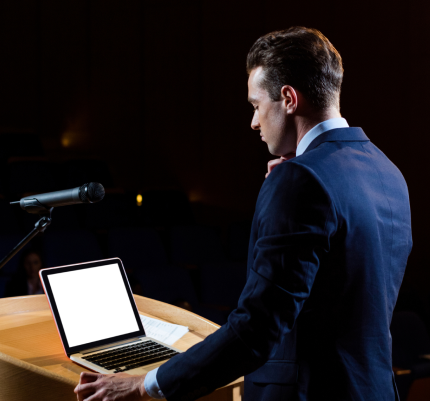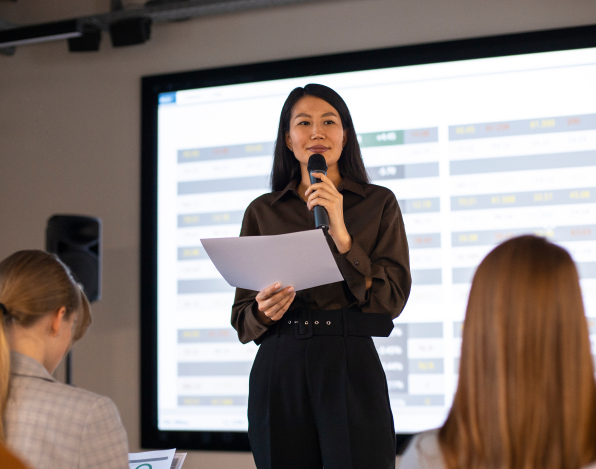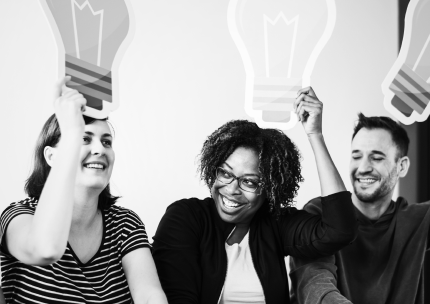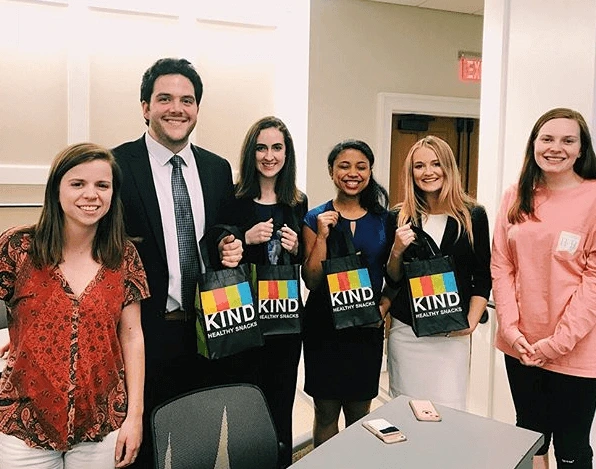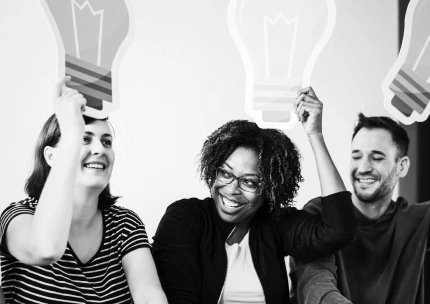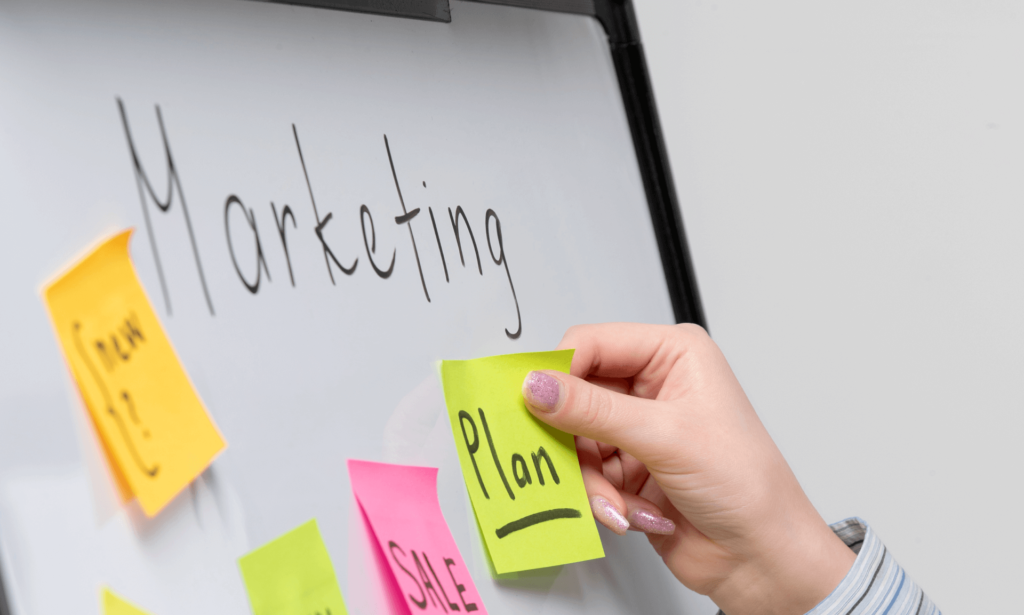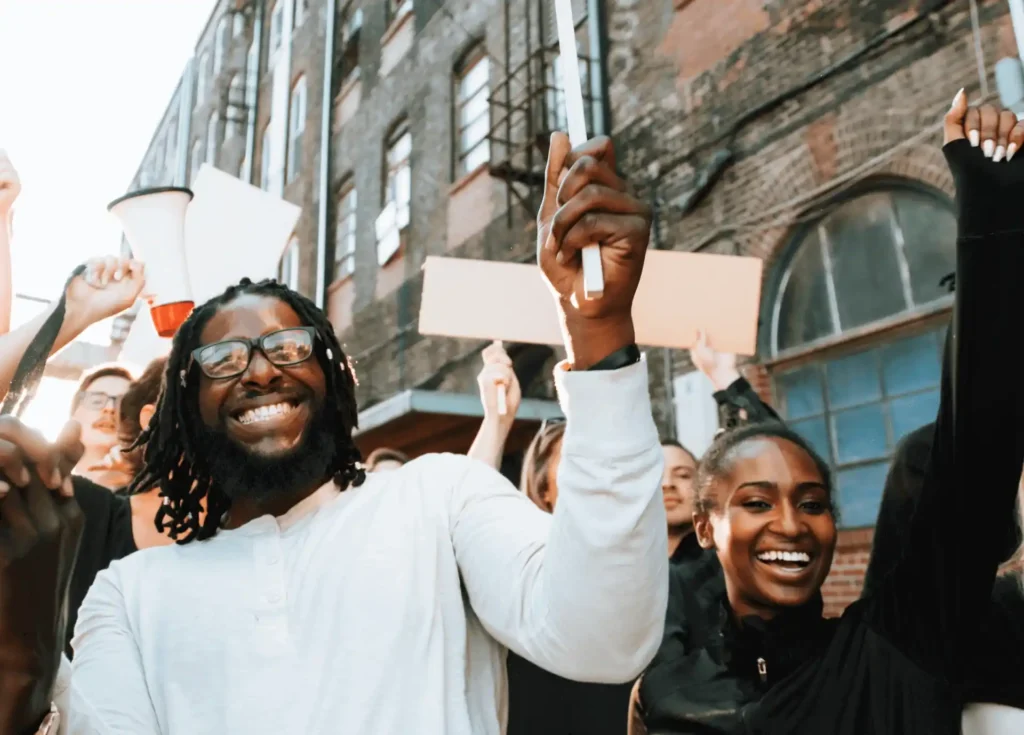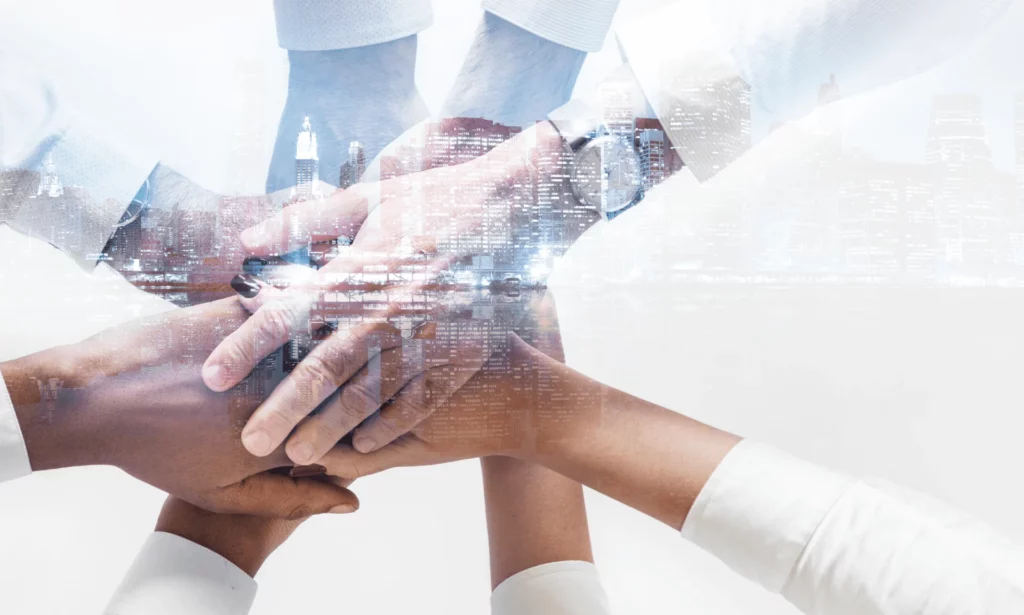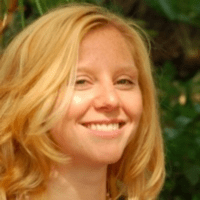Gayle Guest-Brown is the CEO and founder of Guest Brown Impact, a leadership development firm that delivers one-on-one leadership coaching to women seeking to command their worth at work.
Describe how your current role intersects with DEI? What are your goals?
At Guest Brown Impact women of color and aspiring female leaders have always been my niche, so DEI is the inherent focus of my work. I apply my experience working across six industries to help women navigate historical challenges and build the confidence to lead. I thrive on advancing esteemed, confident women to stand in their power, speak their truth, and command their world. I also partner with organizations looking to create equity through executive leadership coaching, and Diversity, Equity, Inclusion & Belonging (DEIB) leadership workshops, including inspirational speaking.
How did you get involved in coaching work?
I have been a leadership coach for over ten years—even training male colleagues who would get promoted ahead of me. But the turning point came from my own year-long coaching participation, while in an executive leadership role at a non-profit. Coaching gave me immense confidence to take the big leap into entrepreneurship again, helping me to reframe my situation and how I saw myself.
This positive experience made me realize I could bring my 30 years of leadership to bear on behalf of my clients, working directly with professional women in leadership roles to overcome the obstacles to their professional success, which often includes gender and racial biases. Since 2016, leadership development and executive leadership coaching has been my focus. Over the last three years, DEIB leadership development represents 80% of my practice.
It is rewarding to be part of someone else’s success through their professional and personal growth—especially when they reach a-ha moments. An essential skill I bring to coaching relationships is deep listening and creating the space for authenticity that is essential to exploring internal and external barriers. I help my clients leverage their power, strength, and the wisdom of their lived experiences. What differentiates my coaching is that it is trauma-informed and culturally competent. For more on why people get coaching click here.
What is different about coaching women to be leaders?
All women experience gender bias in the workplace. Black, Indigenous, Asian, and other women of color also face implicit biases. My cultural competency allows me to leverage my lived experience as a Black female leader to support, empower, and pull others up. I essentially take the journey right alongside my clients, playing a part to move them beyond the obstacles standing between them and their success. I am “their confidential ally at work.” I have had extraordinary success with my clients which I attribute to alignment and working in my purpose.
What advice do you give women?
The most important advice I give my clients is to challenge gender biases and negotiate. I find most senior leaders are uncomfortable mentoring junior leaders across genders. But male leaders also can advance women in the workplace and are integral to marking this happen.
In a talk I gave at both Dell and Apple, I stressed that everyone needs a coach, sponsor, and mentor depending on the stage of their career. At one time only senior leaders had coaches but that is changing, and more professionals throughout the hierarchy are benefiting from coaching. Early career professionals need a mentor to help them get to know the organization. Mid-career professionals need a coach to get them to the next rung on the ladder. It’s also essential to have a sponsor who can advocate for you in the rooms you’re not in. And regardless of what career stage women are at, having a supportive community of women is also beneficial. I created the Women of Impact Community, open to all women, to be a less formal, peer-to-peer gathering place encouraging women to come together as a group to help each other succeed.
Can you share a client success story?
One female leader I coached faced significant hurdles, from knowing she was the lowest-paid person on her team to experiencing racist verbal abuse from her manager. Her confidence was eroded to the point where she would not speak up and even made excuses for her boss as a coping mechanism. Her confidence was so shaken, she would not even meet with me on camera during our consults.
Through our collaboration, we channeled her ambition, found her courage to understand the origins of her critical self-talk, enabling her to find her voice. By the time we finished our engagement, my client not only found the confidence to turn her camera on but was promoted, now earning more money, and is also part of an executive board.
At one point, I even worked with a white male leader who came from a referral from his wife. Even after telling him my coaching focus was women, he still wanted to work with me and I was able to guide him toward his goals which included deciding if he was going to switch companies. Feeling undervalued at work took a toll on his engagement and motivation. By the end of our engagement, he decided to stay with his current employer and was being groomed to succeed his leader.
What advice would you give today’s leaders?
Today’s leaders must have inclusive leadership skills because the larger community demands them to. George Floyd’s murder in 2020 proved to be a pivot point in the minds of Americans. People wanted to show up differently. As a result, we witnessed a 1500% increase in the use of the word “systemic racism” which according to the Oxford dictionary, also became the 2020 word of the year. People across the country began sharing dialogue and conversations about our unequal systems and started to talk about race at work.
Systemic inequity is no longer hidden and must be addressed. Executives must lead from the intersectionality of race, gender, sexuality, and ableism. That is why we need leaders willing to have courageous conversations, be vulnerable, and commit to making lasting change.
What does belonging mean to you?
Belonging means being seen, heard, respected, and accepted. It means you matter. I do a whole workshop focused on creating belonging in the workplace. True belonging happens when senior leadership uses their privilege to ensure every team member can show up as their authentic selves and make contributions. Coqual, formerly called the Center for Talent Innovation, in a research survey quantified the cost of belonging and found people with higher belonging scores felt more connected, engaged, and proud of their organization’s values. The report also noted a 75% reduction of sick days, a 56% increase in productivity, 97% increase in engagement with a 50% reduction in turnover. Other findings quantified a $53M savings for a company size of 10k employees. So it’s pretty clear the feeling of belonging is necessary for extraordinary business success.
What role should brands place in DEI and social justice?
Brands can play a role in shifting culture, especially if they walk the talk. I think P&G has done a decent job of being authentic, including having a board that is 50% female. I even reference some of the company’s video resources in my training. Nike used to do an excellent job of being authentic with its support of Colin Kaepernick, for example. Yet the company is also known to contribute to politicians who are not proponents of creating equity.
Who is a hero/heroine to you and why?
I admire women trailblazers who are fearless, speak truth to power, and better our world. I am motivated by people who recognize a moment, dive in, and create change, from Kimberly Crenshaw, who coined intersectionality and critical race theory (CRT) to human rights activist Bryan Stevenson for his social justice work.
Others include Dr. Kristee Haggins, who started Safe Black Space, as well as Nikole Hannah-Jones, and Angela Davis for their unwavering dedication to activism. I admire President Obama for his character and for giving us eight years of a scandal-free White House.
Anything else you would like to share?
I believe the inequities in our world—reflected in the corporate environment—are the leadership challenge of our generation. We are the generation that can make significant progress with gender, pay equity, as well as, creating a culture of belonging. Equity is a cause for all of us to champion.
Alison Foster is a seasoned B2B tech marketer with a passion for leveraging her voice to call out injustices and by taking a stand to dismantle the systems and policies that disempower and exploit marginalized communities in our society.


